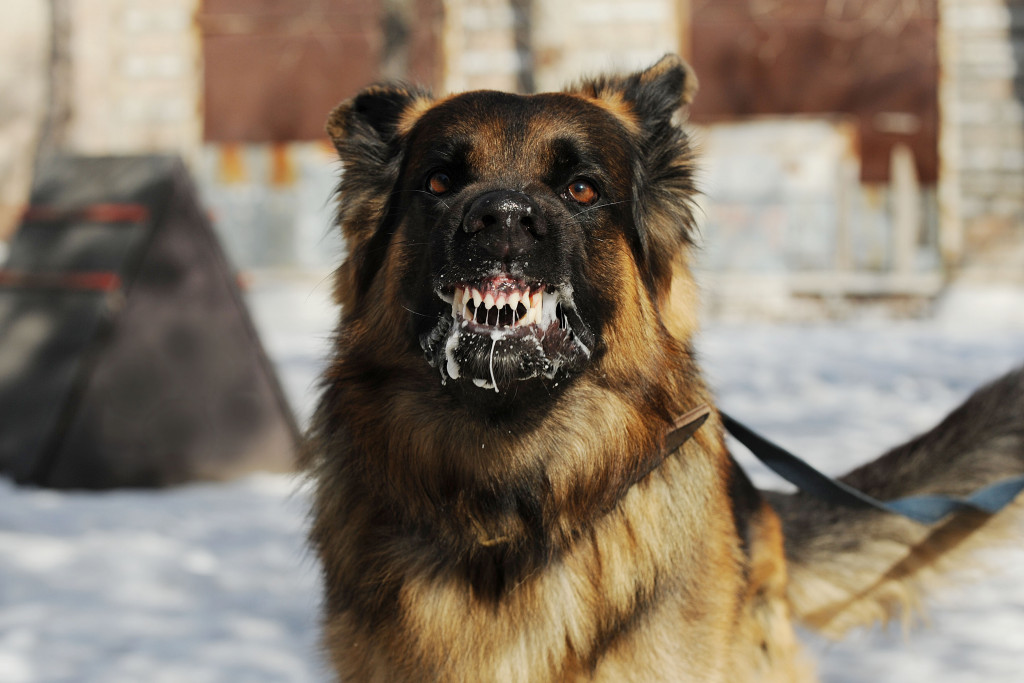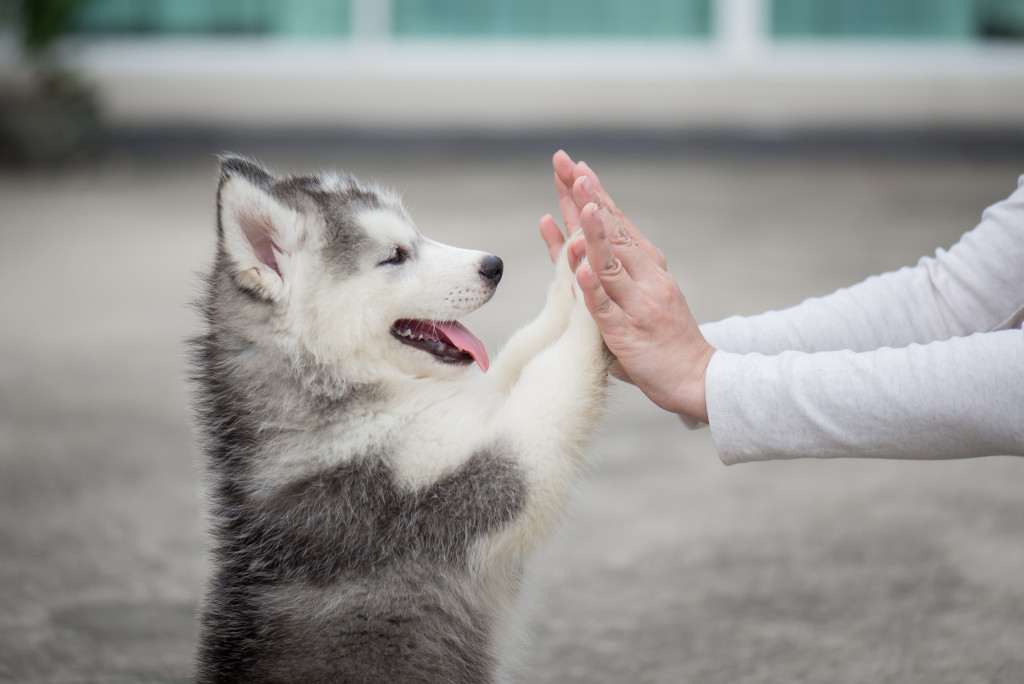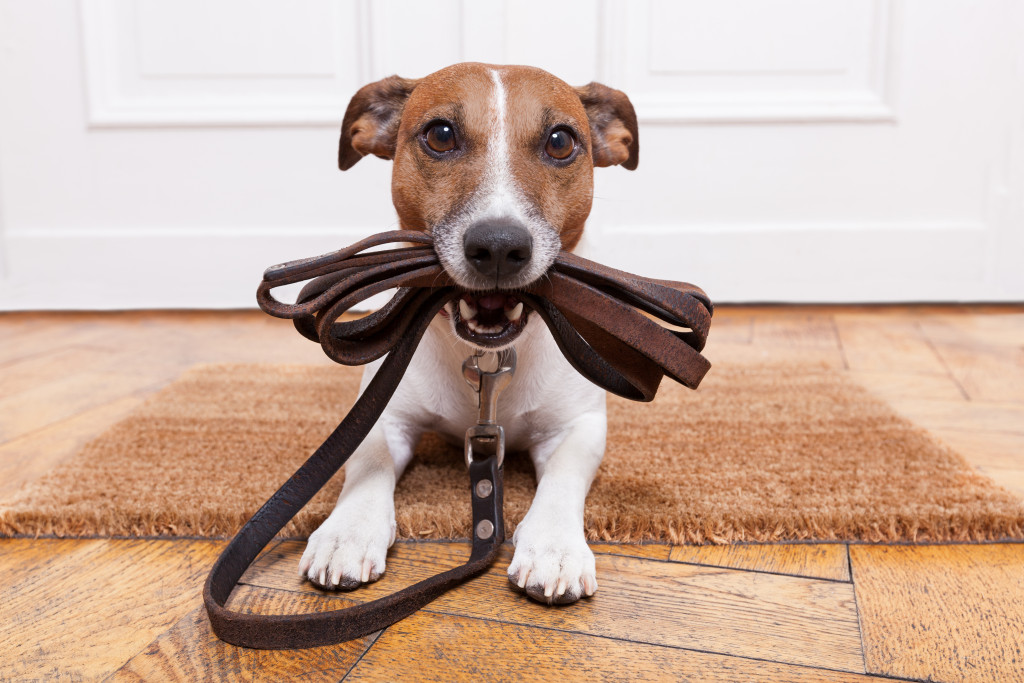- Pets offer companionship and joy but require essential training to avoid causing problems.
- Untrained pets can cause property damage, safety concerns, hygiene issues, and behavioral problems.
- Legal consequences and the risk of missing pets are additional concerns with untrained pets.
- Addressing the issue involves early and consistent training, positive reinforcement, professional help, and patience.
- Adequate pet training ensures a safe and happy relationship with your furry companion.
Having a pet is an enriching experience. However, pets require adequate training to ensure they are well-behaved and safe for everyone around them. Untrained pets can pose several risks to their owners and others, leading to anxiety, frustration, and even physical harm. Here’s what you need to know about pet ownership, how untrained pets can be problematic, and ways to deal with this problem.
Pet Ownership And Untrained Pets
Most families in the U.S. own pets, and the number keeps growing each year. Pets provide companionship, love, support, and entertainment but also come with responsibilities. Owning a pet means ensuring it is well-fed, properly groomed, and adequately exercised. However, one crucial aspect that many pet owners overlook is training.
Untrained pets can create many problems at home and for your family. Here are some ways they can affect you:
1. Property Damage
Untrained pets can cause significant damage to your home and belongings. For instance, a dog that hasn’t been housetrained can ruin your carpet, chew your furniture, or even destroy your clothes. Cats that haven’t been trained to use the litter box may urinate on walls or your furniture. Such damages can be expensive to fix, causing financial strain to the pet owner.

2. Safety Concerns
Untrained pets can be a safety risk to themselves and other people. For instance, a dog that hasn’t been socialized can become aggressive to strangers or other pets, leading to bites or other injuries. For example, about four million dog bites are reported annually. Additionally, untrained cats can scratch or claw their owners or visitors, causing physical harm. Such incidents can be traumatic for the pet owners, who may face legal consequences in severe cases.
3. Hygiene Issues
Untrained pets can also pose hygiene problems for their owners and visitors. For example, a dog that hasn’t been trained to walk on a leash or be taken outdoors for regular walks can cause unsanitary living conditions. Similarly, pets not trained to groom or bathe regularly can become smelly and unappealing. Such issues can cause health risks for your pets and family members.
4. Behavior Problems
Untrained pets can exhibit various behavior issues, leading to stress and frustration for their owners. For example, pets that haven’t been trained to stay calm and obedient may become uncontrollable and disobedient. This can lead to difficulty managing the pet, especially in public places. Additionally, some pets may develop separation anxiety or destructive tendencies, making it hard for their owners to leave them alone at home.
5. Legal Consequences
Untrained pets can result in legal problems for their owners. For instance, if your dog bites someone, you may be held accountable and face legal action. Similarly, cats that claw or scratch their owners or visitors may cause injury, leading to legal action. Pet owners must ensure their pets are well-behaved and properly trained to avoid such legal consequences.

6. Missing Pets
Lastly, untrained pets can also run away and go missing. This is a significant concern for many pet owners, as losing a beloved furry friend can be devastating. However, with technological advancements, reliable anti-lost pet GPS trackers are now available to ensure you can easily locate your pet if it ever goes missing. The tracker can help you monitor your pet’s activities, ensuring they don’t wander off too far.
Dealing With Untrained Pets
Dealing with untrained pets can be challenging, but it is not impossible. Here are some ways to address this problem:
- Start Early: It is crucial to start training your pet as early as possible. Puppies and kittens are more receptive to learning, making it easier to train them.
- Be Consistent: Training your pet requires consistency. Ensure everyone follows the same rules and commands to avoid confusion for your pet.
- Use Positive Reinforcement: Reward-based training is an effective way to train your pets. This means praising and rewarding good behavior rather than punishing bad behavior.
- Seek Professional Help: If you’re struggling to train your pet, seek the help of a professional trainer. They can provide personalized training and advice on how to manage behavior issues.
- Be Patient: Training takes time and patience. Don’t get frustrated or give up if your pet doesn’t learn immediately. They will eventually learn and become well-behaved pets with consistency and positive reinforcement.
Owning a pet comes with responsibilities, including adequate training. Untrained pets can cause problems for their owners and others, but they can be addressed with proper training and patience. By training your pet and seeking professional help if needed, you can ensure a happy and safe relationship with your furry companion. So, enjoy your pet’s company, but don’t forget to train them as well!





